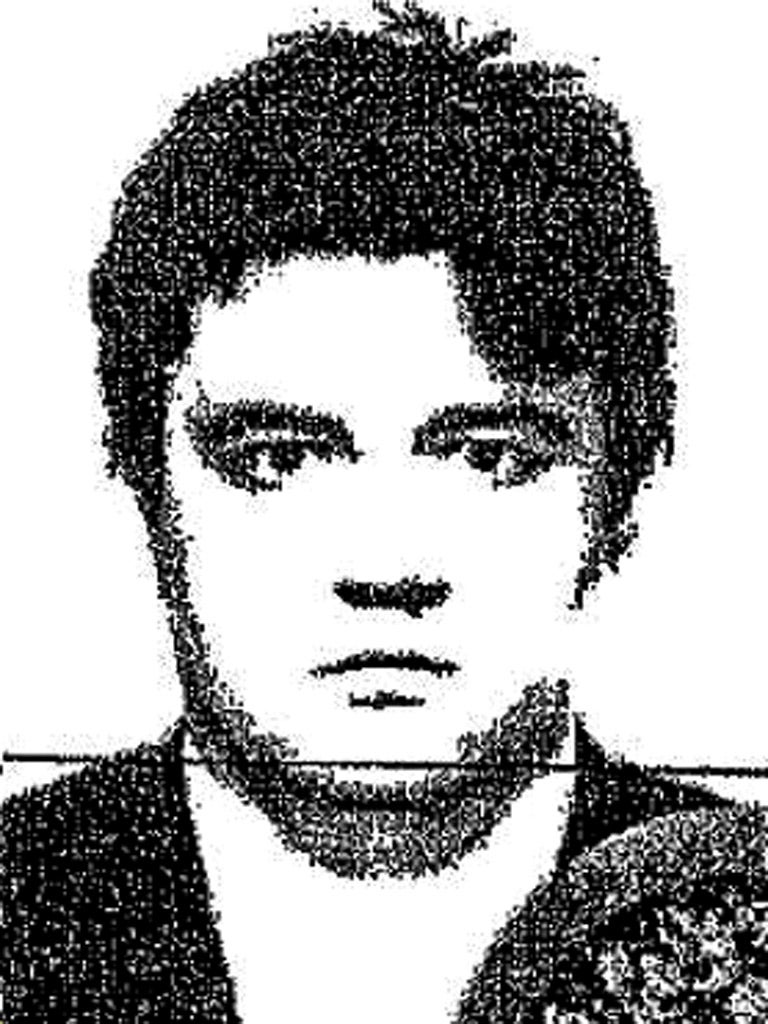Death of a Russian supergrass: is it too late for new tests to establish truth of Alexander Perepilichnyy's death?
Home Secretary urged to investigate 'foul play' in death of Alexander Perepilichnyy

Toxicology tests have been ordered by police investigating the sudden death of the Russian supergrass Alexander Perepilichnyy, a wealthy businessman who collapsed outside his luxury Surrey mansion two weeks ago.
The revelation came as the Conservative MP who campaigned for sanctions against Russian officials implicated in the death of Sergei Magnitsky – another whistleblower linked to Mr Perepilichnyy – called on the Home Secretary to ensure that every step was taken to uncover whether "foul play" might have been involved.
Mr Perepilichnyy, a seemingly healthy 44-year-old man, was pronounced dead on 10 November outside his home in St George's Hill, a private estate on the outskirts of Weybridge which is home to dozens of celebrities, footballers, City financiers and Russian tycoons.
The Independent revealed yesterday that the Russian businessman was helping Swiss investigators uncover a series of accounts used by Moscow tax officials who became exceedingly wealthy following a massive tax fraud. Alongside Mr Magnitsky, who originally exposed the fraud in 2008, Mr Perepilichnyy is the fourth person linked to the case to have died in mysterious circumstances.
Although it is possible that the wealthy businessman might have died from natural causes, there is pressure on Surrey Police and local Coroners to ensure a full investigation is carried out, given the role Mr Perepilichnyy played in helping Swiss prosecutors and the growing concern over the murder of Russians on British soil.
This month is the sixth anniversary of the death of Alexander Litvinenko, a former KGB spy turned political dissident who was poisoned by tea laced with radioactive polonium. Russian banker German Gorbuntsov narrowly avoided death earlier this year when he was shot by a hitman outside his home in London's Isle of Dogs.
Investigators will hope that further testing on Mr Perepilichnyy's body will help them understand exactly how he died after the first post-mortem proved inconclusive. Surrey Police are also believed to have sought advice from counter-terrorism officials.
Dominic Raab, a Tory MP who has campaigned for stricter sanctions against any Russian officials or nationals implicated in the Magnitsky case, called on Theresa May yesterday to provide "every technical support and all the national-level resources required to conduct the most accurate and effective toxicology assessments possible".
"Mr Perepilichnyy is the fourth unexplained or suspicious death in the Magnitsky case," he wrote in a letter seen by The Independent. "It is vital to ensure that all the local and national authorities make every effort to find out whether there is any evidence of foul play in Mr Perepilichnyy's death."
A delay in the toxicology tests means they may not establish whether or not he was poisoned due to the way chemicals break down in the body over time.
The Independent understands that Hermitage Capital Management, the British investment fund which hired Mr Magnitsky to uncover the $233m fraud carried out against them by a network of corrupt Russian Interior Ministry officials and underworld figures, wrote to Surrey police on 17 November informing them of Mr Perepilichnyy's significance as a witness. But toxicology tests were not ordered until the last few days.
Hermitage last night would not comment on the reports. But William Browder, CEO of the investment fund, confirmed they had worked with Mr Perepilichnyy to send a dossier of evidence to Swiss prosecutors.
"Alexander Perepilichnyy approached us in 2010 as a whistleblower with evidence about the complicity of a number of Russian government officials in the theft of $230m which Sergei Magnitsky had uncovered," he said.
"He provided us with copies of many of the original bank documents. In January 2011, Hermitage filed an application to the Swiss authorities seeking an investigation. It was announced in March that the Swiss prosecutor's office opened an investigation and froze the assets in a number of accounts."
Russian officials yesterday played down Mr Perepilichnyy's significance as a whistleblower. One unnamed Interior Ministry official told the Interfax news agency: "Alexander Perepilichnyy does not have any relation to the so-called Magnitsky tax affair." A 'high ranking law enforcement official' told RIA Novosti: "He did not have any status whatsoever in the Magnitsky case. Some time ago there was a theory that he was involved in expropriation, and this was investigated, but it was not confirmed."
The Magnitsky scandal has become an international embarrassment for Russia – the US is to name a law after Magnitsky banning those implicated in his death holding assets in the US.
Join our commenting forum
Join thought-provoking conversations, follow other Independent readers and see their replies
Comments